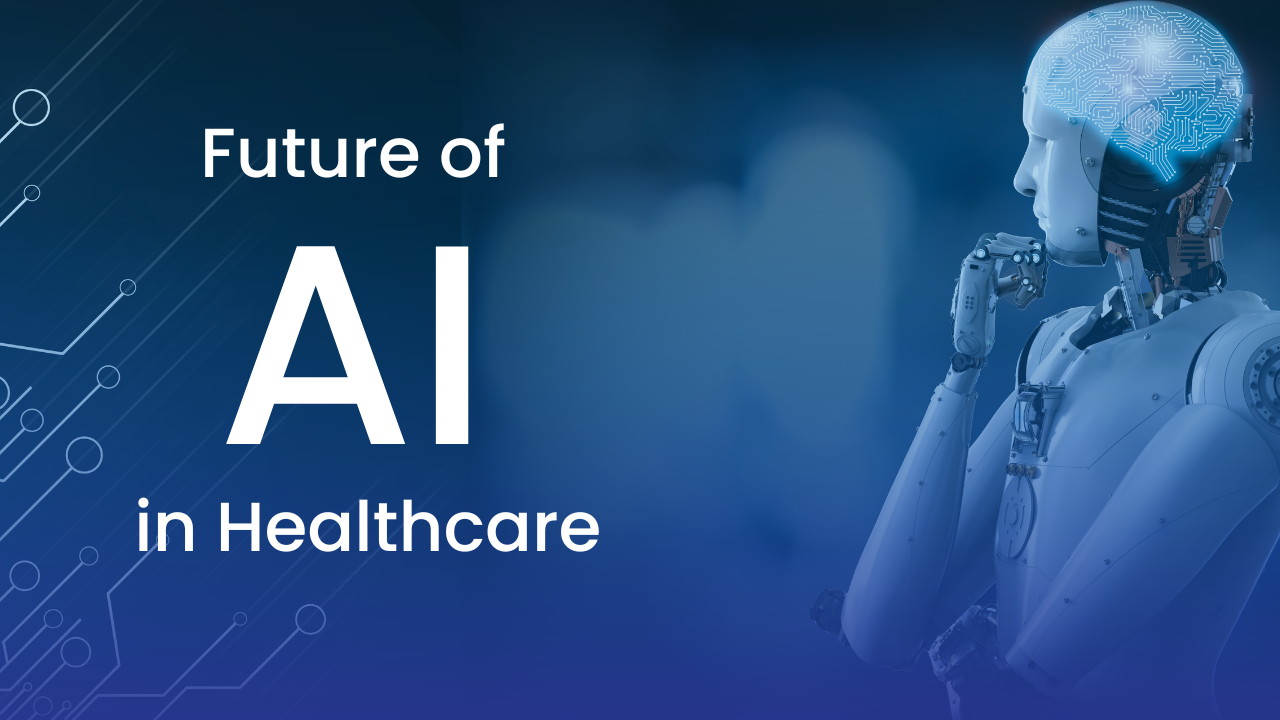
AI-Driven Algorithms Revolutionize Healthcare DiagnosticsAI-Driven Algorithms Revolutionize Healthcare Diagnostics In the rapidly advancing healthcare landscape, artificial intelligence (AI) has emerged as a transformative force, revolutionizing disease diagnostics and empowering clinicians with unprecedented capabilities. AI-driven algorithms are redefining diagnostic practices, enhancing accuracy, efficiency, and patient outcomes. Enhanced Diagnostic Accuracy: AI algorithms analyze vast amounts of medical data, including patient history, laboratory results, imaging scans, and genomic information. By identifying subtle patterns and correlations invisible to the human eye, these algorithms can improve diagnostic precision and reduce false positives and negatives. For example, AI-powered algorithms have been shown to detect early signs of cancer on mammograms with greater accuracy than human radiologists, potentially leading to earlier detection and improved treatment outcomes. Timely and Efficient Diagnostics: AI algorithms automate repetitive tasks, freeing up clinicians’ time for more complex patient interactions. They can rapidly analyze large volumes of data and generate diagnostic reports, reducing waiting times and expediting treatment decisions. This efficiency enables earlier intervention, especially in time-sensitive conditions such as strokes or heart attacks, where swift diagnosis is crucial. Personalized Treatment Planning: AI algorithms can tailor diagnostic evaluations and treatment plans to individual patients’ unique profiles and genetic makeup. By analyzing medical data and identifying patient-specific risk factors and disease susceptibility, AI can inform precision medicine approaches, ensuring more personalized and targeted treatments. Improved Accessibility to Care: AI algorithms have the potential to expand access to healthcare diagnostics in remote or underserved areas. By analyzing data from wearable devices, telemedicine platforms, and electronic health records, AI can provide remote diagnostics and monitor patients’ health conditions remotely. This accessibility empowers individuals to receive timely and appropriate care regardless of their location. Challenges and Considerations: While AI-driven algorithms hold immense promise, they also present challenges that require ethical considerations and responsible implementation. Ensuring data privacy, preventing bias in algorithms, and addressing the potential for misinterpretation are crucial for maintaining patient trust and clinical integrity. Conclusion: AI-driven algorithms are reshaping the future of healthcare diagnostics, promising improved accuracy, efficiency, personalization, and accessibility. By harnessing the power of AI, clinicians can make more informed and timely decisions, leading to better patient outcomes and a more equitable and efficient healthcare system. As these algorithms continue to evolve, it is imperative to address ethical concerns and promote responsible use to fully realize the transformative potential of AI in healthcare diagnostics.
Posted inNews